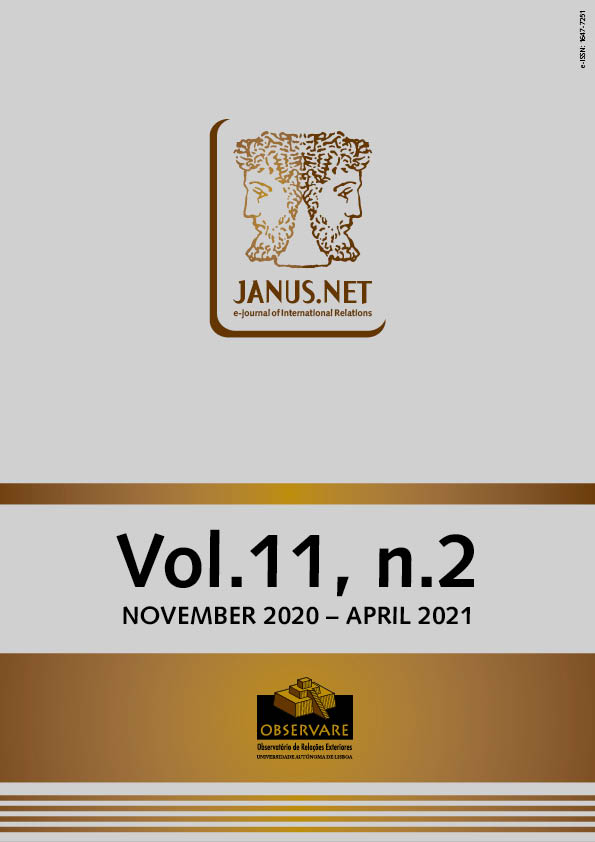The article analyses the consequences of the withdrawal of the United Kingdom from the European Union, particularly the political effects of its decision. In the first place, it addresses the holding of the referendum, and the decision to withdraw, as a paradigmatic example of the so-called “new politics” that has given special prominence to the so-called populist forces in Western societies. Then, the peculiar negotiation between the UK and the EU to establish a withdrawal agreement is examined. Next, the different forms of commercial ties that the EU currently maintains with third States are identified as a reference to the agreement that may be established with the United Kingdom. Finally, the viability of the Global Britain project as a future strategy to regain a position of international influence is evaluated. The conclusion reached is the paradox that Brexit represents, as the United Kingdom has launched a traumatic, uncertain and divisive process to achieve an international, political and commercial position, which in objective terms will be indisputably worse than the one it left.
»
Full Professor of International Relations. Previously he was professor at the University of Santiago de Compostela. Currently he is assigned at the Universidad Pablo de Olavide in Seville (Spain). He also teaches at the Instituto Universitario General Gutiérrez Mellado in Madrid, Ministry of Defence - UNED.
Resumo
El artículo analiza las consecuencias de la retirada del Reino Unido de la Unión Europea, de modo particular en los efectos políticos de su decisión. En primer lugar, aborda la celebración del referéndum, y la decisión de retirada, como ejemplo paradigmático de la denominada “nueva política” que ha otorgado especial protagonismo a las llamadas fuerzas populistas en las sociedades occidentales. A continuación, se expone la peculiar negociación celebrada entre el Reino Unido y la UE para establecer un acuerdo de retirada. Seguidamente, se identifican las diferentes modalidades de vinculación comercial que la UE mantiene en la actualidad con terceros Estados como referencia al acuerdo que pueda establecerse con el Reino Unido. Por último, se evalúa la viabilidad del proyecto Global Britain como estrategia de futuro para recuperar una posición de influencia internacional. La conclusión a la que llega es la paradoja que representa el Brexit al haber lanzado el Reino Unido un traumático, incierto y divisivo proceso para lograr una posición internacional, política y comercial, que en términos objetivos será indiscutiblemente peor de la que partía.
Palavras-chave
Como citar este artigo
Pérez, García Rafael (2020). “The European Union and the Brexit paradox”. In Janus.net, e-journal of international relations. Vol. 11, No. 2 Consulted [online] at date of last visit, DOI: https://doi.org/10.26619/1647-7251.11.2.7
Article received on 9 December, 2019 and accepted for publication on 9 September, 2020















